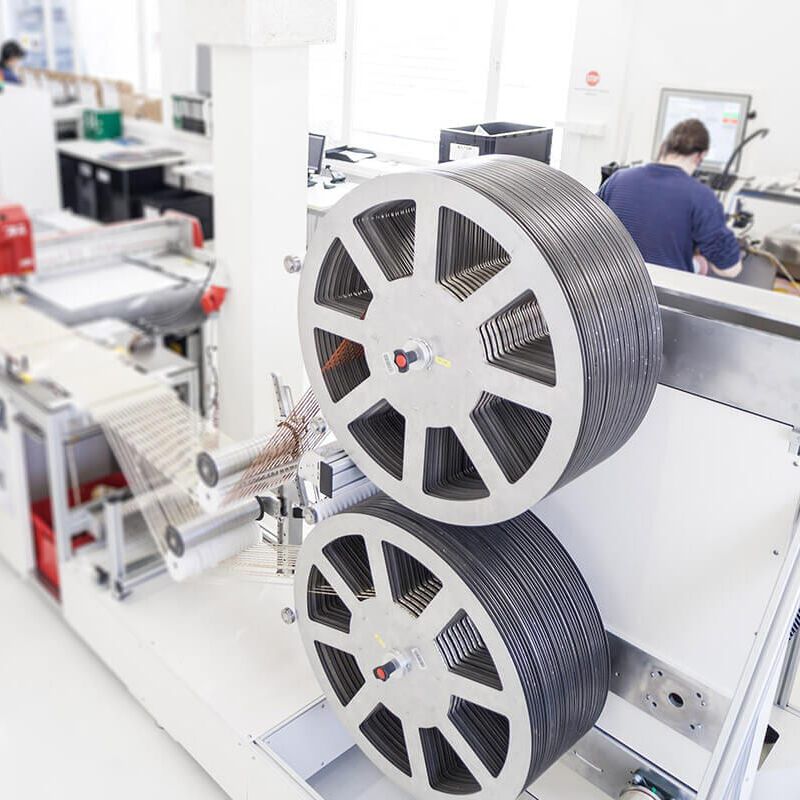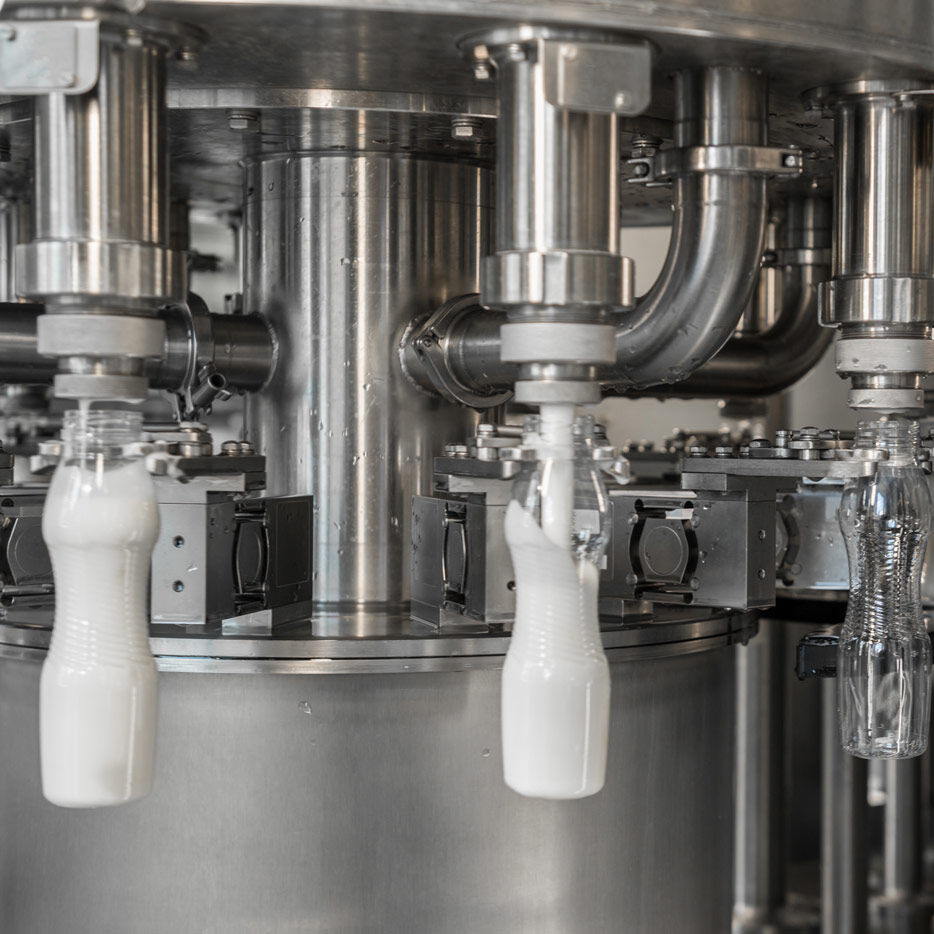SOLID SUPPLY CHAINS FOR FOOD & BEVERAGES
Making supply chains in the food industry viable
Supply chains in the food and beverage industry are fragile. Political, environmental and economic upheavals are increasingly causing costly disruptions and jeopardizing the supply of raw materials, energy and critical operating resources to companies.
At the same time, the increasing fragmentation of global networks into local supply chains (glocal supply chains) lead to a highly complex management of logistics and production processes. On the one hand, companies are therefore faced with the task of implementing effective solutions to ensure the long-term stability of their international networks. On the other hand, they must build "vitreous supply chains" to ensure maximum transparency and enable effective and near-real-time control. Utilizing the potential of digital solutions and lean planning methods is of particular importance here.
EFESO increases the resilience and performance of supply networks through various approaches:
- Strategy & footprint: conception of an efficient overall system by optimally designing and aligning production and supply networks, selecting suitable technologies and plant structures, and defining necessary core competencies and prerequisites for resilient, risk-optimized, and sustainable supply chains.
- Transparency & planning: development of highly flexible, daily updated analysis and planning processes with digital tools such as supply chain towers and digital cockpits as well as the introduction of innovative, AI-supported methods such as real-time simulations using digital twins as the basis for optimization programs.
- Operational excellence: implementation of an OPEX system and continuous improvement of processes, structures, skills in terms of resilience, efficiency and quality.
- Digitalization: development of cross-supply chain platforms and digitally supported optimization of processes, structures and information usage along the supply chain.
- Traceability: ensuring complete traceability throughout the entire value chain for legally compliant documentation of the origin of products and raw materials as well as seamless monitoring of CO2 emissions and other relevant sustainability aspects.
These targeted measures not only strengthen resilience to external influences, but also improve the overall performance of the supply chain. This helps to minimize potential risks and increase agility in a dynamic market environment.
SOLID SUPPLY CHAINS –
Protect supply networks from external shocks and ensure security of supply
Further solutions for the food & beverage industry



![[Translate to English:] ROI Case Studie - Digital Twin](/fileadmin/_processed_/6/1/csm_roi-casestudy-digital-twin_3c8c268a58.jpg)


![[Translate to English:] [Translate to English:]](/fileadmin/_processed_/6/e/csm_EFESO_sustainability_sustainable_products_53f73ed7fd.jpg)





